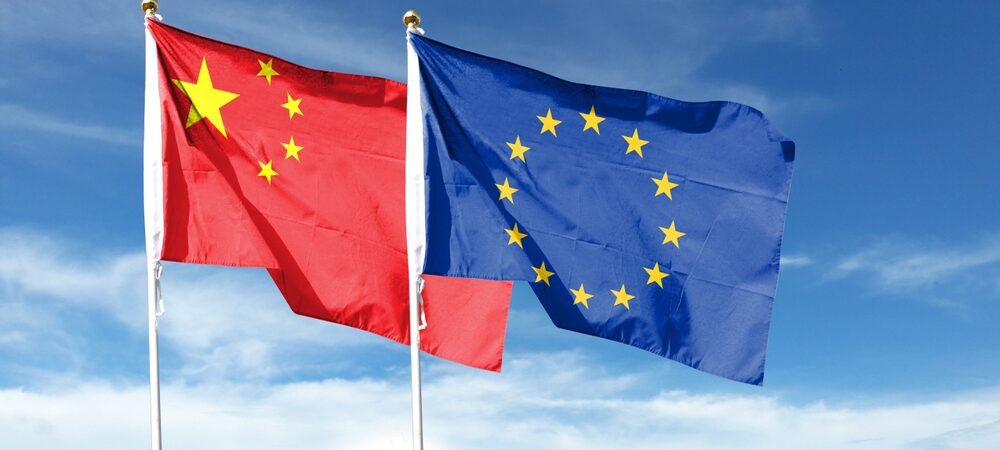Europe’s strategic reckoning with China
Europe’s energy dependency on Russia was neither unforeseeable nor unremarked. For years, warnings circulated from policy experts, frontline Member States, and transatlantic allies about the dangers of relying on a single, authoritarian supplier for critical energy needs. Yet those warnings were dismissed or downplayed, sacrificed at the altar of economic e ciency and diplomatic convenience. When the crisis finally came – Russia’s full-scale invasion of Ukraine in 2022 – the cost of complacency was immediate and severe: soaring prices, supply disruptions, and a race against time to rebuild an energy architecture that had been left strategically hollow.
This moment should have marked more than an energy reckoning. It should have triggered a broader reassessment of Europe’s structural vulnerabilities – particularly its deepening dependence on China. From critical raw materials and clean energy technologies to pharmaceuticals, digital infrastructure, and advanced manufacturing, China has become an indispensable – yet increasingly unreliable – pillar of the European economy. In many sectors, there is no fallback. There is no redundancy. And there is no clear strategy to change that.
The risks are not speculative. China has shown a growing willingness to weaponise interdependence, using trade barriers, export controls, and targeted retaliation as instruments of geopolitical coercion. Its control over vital technologies and inputs – rare earths, batteries, solar panels, and semiconductors – gives it asymmetric leverage over Europe’s economic resilience and political sovereignty. If tensions over Taiwan escalate, or if Beijing chooses to retaliate against European policies it deems unfriendly, entire sectors of the European economy could grind to a halt.
Yet unlike the Russian energy crisis, which forced Europe into a reactive – but ultimately decisive – pivot, the looming threat of a China shock has yet to galvanise a unified or proportionate response. The current EU framework, which labels China simultaneously as a ‘partner, competitor, and systemic rival’, reflects institutional hesitation more than strategic clarity. It masks division. It delays action. It invites drift at a moment that demands discipline.
This paper argues that Europe cannot a ord another crisis of foresight. Strategic autonomy is no longer an aspirational slogan – it is a prerequisite for sovereignty in an era of weaponised interdependence. It is the ability to act decisively in defence of European interests without being paralysed by fear of economic retaliation. It is not about cutting ties, but about reducing exposure. Not about closing borders, but about building resilience. Not about confrontation, but about preparation.
The time to act is before the next rupture – not during it. As the window narrows, this paper outlines the contours of a European response: a strategic diversification and managed decoupling plan rooted in clear sectoral priorities, coordinated investment, and institutional preparedness. Drawing on the lessons of the past and the imperatives of the future, it makes the case for why Europe must lead its own transformation – before geopolitical reality forces its hand once again.
Beyond-the-Dragons-GripTo read the report as it was published on the European Liberal Forum website, click here.
To read the full report as a PDF, click here.


